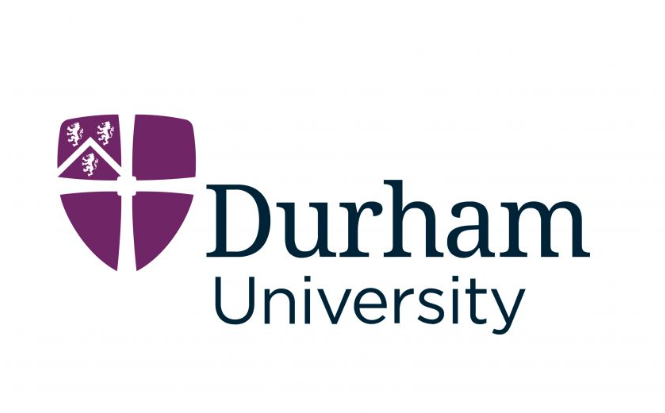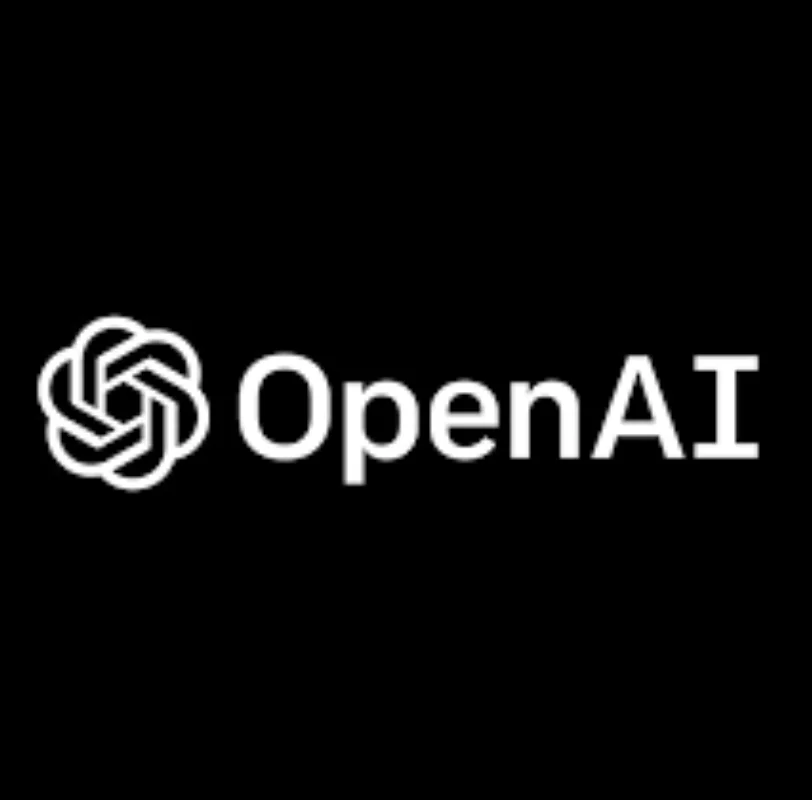Insider Brief
- Researchers at Durham University’s Computer Science department, in collaboration with Evergreen Life, UCL, and clinicians from UCL Hospitals, have developed an AI tool to predict the risk of kidney and liver dysfunction during chemotherapy, funded by an Innovate UK Biomedical Catalyst Grant.
- The AI model, tested on breast, colorectal, and Diffuse Large B-Cell Lymphoma cancer patients, utilizes electronic health records and blood test results to predict future organ dysfunction, aiming to personalize care and reduce the frequency of hospital visits for low-risk patients.
- The tool has been rigorously tested for bias across diverse patient groups and optimized for use in different hospitals, showing promising early accuracy results.
UNIVERSITY RESEARCH NEWS — Durham, UK/January 22, 2024— Our Computer Science department is one of the top ranked in the UK and we are at the forefront of next generation innovation. Our researchers have developed an artificial intelligence (AI) tool that can predict the risk of kidney and liver dysfunction during chemotherapy treatment.
This collaborative project has been carried out with Evergreen Life, UCL, UCLPartners, clinicians from UCL Hospitals and other NHS trusts as part of an Innovate UK Biomedical Catalyst Grant.
Pioneering AI model
The model aims to reduce the number of blood tests needed for low-risk patients and enable more personalised care pathways.
The AI tool was created using data from cancer patients at three UK cancer care sites, focusing initially on breast, colorectal, and Diffuse Large B-Cell Lymphoma cancers.
It incorporates routinely collected electronic health records as well as results from blood tests taken during the previous two cycles of chemotherapy treatment.
The model then predicts the likelihood of organ dysfunction at later cycles, allowing doctors to tailor the frequency of future blood tests based on an individual patient’s risk profile.
This has the potential to reduce hospital visits for many patients.
A model with endless possibilities
Extensive testing for bias was carried out by the research team to ensure the model works fairly across diverse patient groups.
The researchers also optimised the tool to perform well even when applied to new hospitals where patient data may be recorded differently.
Early findings are promising, with the model demonstrating high accuracy. This project aligns perfectly with our ethos of enhancing wellbeing through research.
The next steps will be deploying it in additional UK clinics and collecting further data to expand utility across cancer types.
Find out more
- Learn more about the work of Dr Noura Al Moubayed and Dr Matthew Watson.
- Visit websites of Evergreen Life and UCL Partners.
- Interested in studying at Durham? Explore our undergraduate and postgraduate courses.
Our Department of Computer Science is growing, with ambitious plans for the future and an inclusive, vibrant and international community at its heart. Ranked as a UK Top 10 Department (Complete University Guide 2023), our students develop knowledge and gain essential and transferable skills through high quality teaching, delivered by a passionate team of leading academics.
Feeling inspired? Visit our Computer Science webpages to learn more about our postgraduate and undergraduate programmes.





